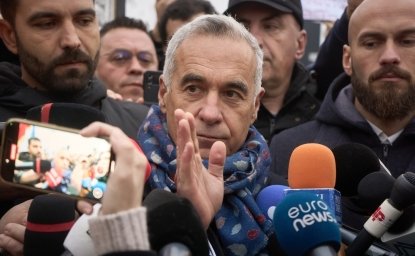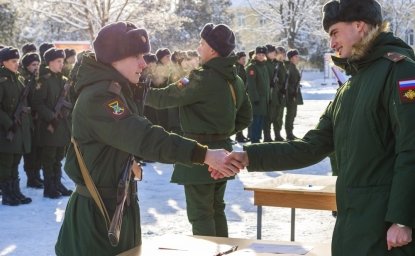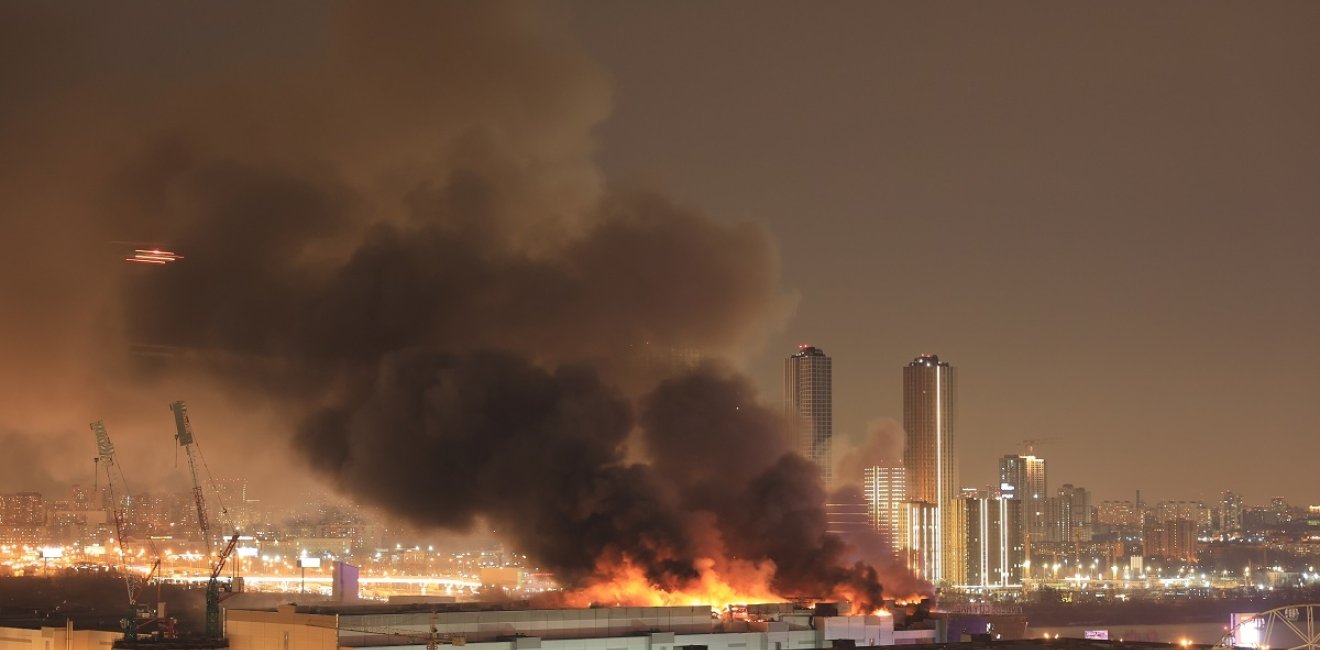
A blog of the Kennan Institute
Fifteen years after the death penalty was abolished in Russia, the country’s commitment to avoiding executions will be tested. Public officials and pro-Kremlin politicians have called for the lifting of the ban following the March 22 act of terror near Moscow. At least 144 people were killed and hundreds were injured in a brutal attack on the Crocus City Hall, a music venue on the outskirts of Moscow.
Executions, both legal and illegal under the Soviet law, were widely used during the Soviet period of Russia’s history. There were instances of spectacular abuse of justice even after Stalin. At one point in the 1960s, a death penalty was retroactively applied against persons convicted of an economic crime, ignoring the criminal law bedrock principle.
Drive to Join the West
In post-Soviet Russia, the decision to abstain from use of the death penalty has been strongly motivated by a desire to relegate the practice to history. The drive to abolish capital punishment was also associated with the gradual humanization of law enforcement and the country’s intention to join the institutions of the West.
Russia last executed a human in 1996. At the time, Russia was seeking to join the Council of Europe. The country's participation in the European Convention on Human Rights was a condition for such membership. Russia was admitted to the organization on the condition, among other things, that it would accede to Protocol No. 6, which imposes on member states the obligation not to apply the death penalty.
Despite the lack of ratification of Protocol No. 6 by the Duma (it was signed by the president), Russia ceased executions. Initially, Boris Yeltsin, Russia’s president between 1991 and 1999, simply stopped considering clemency for those sentenced to death. Without a refusal of clemency, the death penalty could not be carried out.
Death Penalty Effectively Banned
In 1999 the Constitutional Court of Russia issued a decision recognizing the impossibility of imposing a death sentence as the Russian constitution required jury trials for such a decision, and jury trials were not set up throughout the entire territory of Russia.
In 2009 the Constitutional Court clarified its old decision and stated that the courts could not apply the death penalty at all. The court declared that certain conditions had led to abolishment of the death penalty: the long nonapplication of capital punishment, Russia's international obligations, and the temporary nature of the use of capital punishment in constitution.
The decision of the Constitutional Court was tested in the early 2000s when a court considered the case of Nur-Pashi Kulaev, the sole surviving perpetrator of the Beslan school siege. Quoting the Quran and discussing the principles of justice and the educative significance of the judgment, the prosecutor requested the court to sentence the defendant to death. The court acknowledged that the severity of the defendant's actions warranted the death penalty. However, citing the abovementioned decision of the Constitutional Court, the court sentenced Kulaev to life imprisonment.
Today the decision to stop using the death penalty in Russia will once again be tested. However, there is no certainty that Russia will not return to the death penalty this time.
Torture Practices Publicized
The first signs that the requirements of legality would be sacrificed to political expediency emerged almost immediately after the attack. A video of the torture of detainees was posted online. In one case, a law enforcement officer cut off part of Saidakrami Rachabalizodа's ear, after which, amid threats to cut off the detainee's penis, he attempted to stuff the severed piece of the ear into the detainee's mouth.
In another case, the video showed law enforcement officers torturing Shamsidin Faridun using an electric current directed toward the detainee's genitals. It is self-evident that the videos were not leaked accidentally but rather deliberately by law enforcement.
Despite widespread discussion of the torture, the Investigative Committee and the court, which arrested all the detainees pending trial, were not interested. At the same time, signs of beatings could easily be seen on the faces of the accused in court.
Rachabalizodа had a bandage on his ear, and another accused, Muhammadsober Faizov, was in a wheelchair and accompanied by doctors. The Human Rights Commissioner, Tatiana Moskalkova, who herself is a former police general, has condemned the maltreatment of the prisoners as “inadmissable”; she has declared Russia to be a civilized and mature state where lynching has been avoided. Meanwhile, the defendants' lawyers began to receive threats immediately after the court hearings and demands that they abandon the defense of their clients.
Talk of Lifting the Ban
Russian society has resumed discussions on the need for the death penalty. This debate is actively fueled by state propaganda. However, it remains unclear whether this is a deliberate operation to prepare public opinion or whether it falls within the usual activities of an authoritarian government trying to escalate hysteria regarding enemies of the state.
Back in 2015, a pro-Kremlin politician, Sergey Mironov, proposed lifting the moratorium on use of the death penalty for terrorists. This idea did not progress beyond the discussion phase. Currently, surveys indicate a surge in Russians’ interest in reinstating the death penalty. This increased interest, coupled with the Kremlin's desire to conceal its failure and the unsubstantiated charge that Ukrainians were somehow involved, could be used to conduct a public and cruel trial with a predetermined outcome. Moreover, Russia, which withdrew from the Council of Europe after the unprovoked invasion of Ukraine, is no longer interested in maintaining the moratorium on capital punishment.
The Constitutional Court of Russia's decision to prohibit the death penalty is still in effect. In the history of modern Russia, however, the Constitutional Court has repeatedly demonstrated its readiness to submit the requirements of legality to those of political expediency. Therefore, it will surprise no one if the Constitutional Court finds grounds to change its position, citing war, extraordinary circumstances, or the protection of Russian citizens' interests.
The opinions expressed in this article are those solely of the author and do not reflect the views of the Kennan Institute.
Author


Kennan Institute
The Kennan Institute is the premier US center for advanced research on Eurasia and the oldest and largest regional program at the Woodrow Wilson International Center for Scholars. The Kennan Institute is committed to improving American understanding of Russia, Ukraine, Central Asia, the South Caucasus, and the surrounding region though research and exchange. Read more

Explore More in The Russia File
Browse The Russia File
In Search of Russia’s Digital Trace in Romania’s Political Crisis

With Syria’s Collapse Russia’s Regional Power Play Disintegrates

Putin's Strategy Tests Europe's Defense Limits

